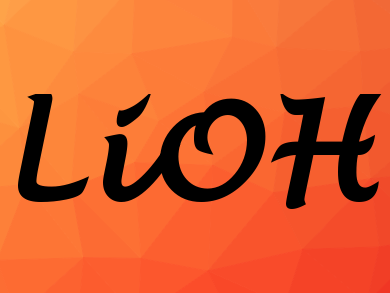YLB and ACISA founded the joint venture YLB-ACISA to extract and industrialize lithium. Lithium hydroxide is to be extracted from so-called residual brine at Salar de Uyuni, Bolivia. The residual brine comes from existing evaporation basins, which were constructed for the production of potassium chloride and lithium carbonate. ACISA has developed a process that can use the residual brine to produce lithium hydroxide profitably with a high lithium yield that is suitable for use in batteries. In addition, the process cuts water consumption by around half compared with the technologies used to date. 20 to 30 % of the plant’s energy requirements are provided by its own photovoltaic system. Other raw materials important for industrial use are also extracted from the residual brine, thus reducing waste to a minimum.
The start of production of lithium is scheduled for the second half of 2021. By the end of 2022, an annual production capacity of 35,000 to 40,000 tons of lithium hydroxide is targeted. On the basis of a feasibility study, investments for this project currently amount to approximately 300 million euros. There are plans to further expand capacity.
Lithium is an elementary component of rechargeable lithium-ion batteries and a key raw material of the 21st century. The demand for it is expected to double by 2025. One of the world’s largest lithium deposits is located at Salar de Uyuni in the Bolivian Andes—around 10 million tons of high-quality lithium. A further joint venture to manufacture cathode material and battery systems in Bolivia and Germany is being discussed.
- ACI Systems Alemania GmbH (ACISA), Zimmern ob Rottweil, Germany
- Yacimientos de Litio Bolivianos (YLB), La Paz, Bolivia




